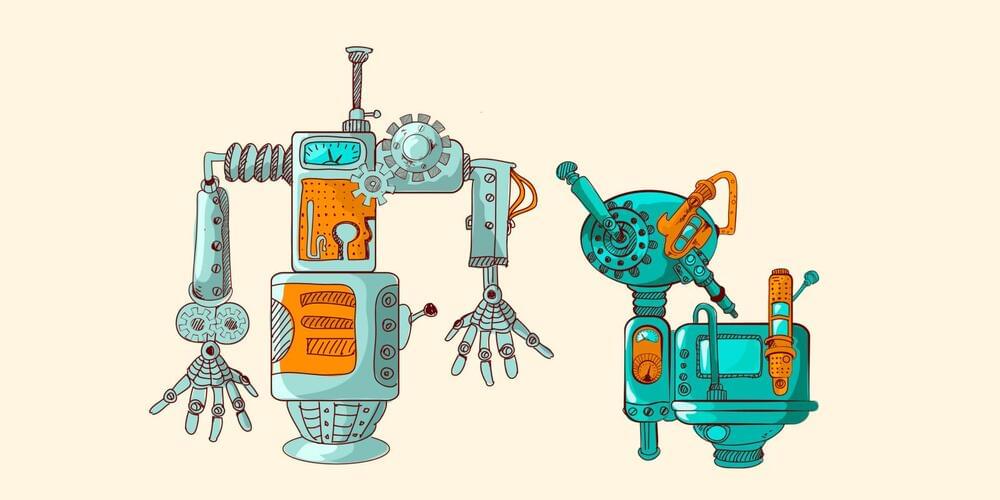Recent developments like DALLE-2 and LaMDA are impressive and seem ready for impact. Is AI ready to change the world?
Whether you love, fear, or have mixed feelings about the future of artificial intelligence, the cultural fixation on the subject over the past decade has made it feel like the technology’s meteoric impact is just around the corner. The problem is that it is always just around the corner, yet never seems to arrive. Many hype-filled years have passed us by since the releases of Ex Machina (2014) and Westworld (2016), but it feels like we are still waiting on AI’s big splash. However, a handful of recent developments—specifically, OpenAI’s unveiling of GPT-3 and DALLE-2, and Google’s LaMDA controversy—have unleashed a new wave of excitement—and terror—around the possibility that AI’s game-changing moment is finally here.
There are several reasons why it feels it has taken a long time for AI projects to bear fruit. One is that pop culture seems almost exclusively focused on the possible endgames of the technology, rather than its broader journey. This isn’t much of a surprise. When we stream the latest sci-fi movie or binge Black Mirror episodes, we want to see killer robots and computer chip brain implants. No one is buying a ticket to see a movie about the slow, incremental rollout of existing technology—not unless it mutates and starts killing within the first 30 minutes. But while AI’s more futuristic forms are naturally the most entertaining, and provide an endless source of material for screenwriters, anyone who based their expectations for AI off of Bladerunner has got to be feeling disappointed by now.
